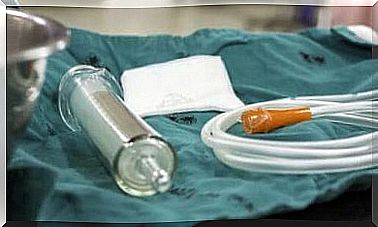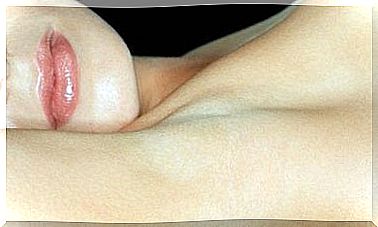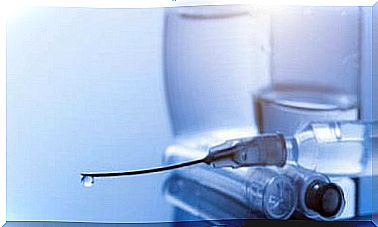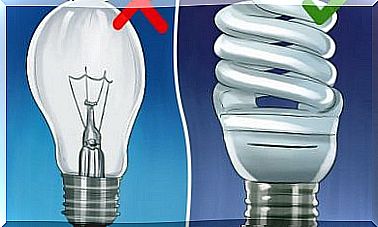Signs And Symptoms Of Esophageal Varices
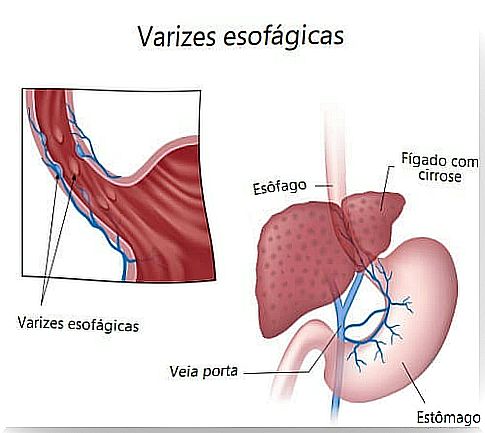
Varicose veins are dilations of the veins that cause venous insufficiency. However, there are also esophageal varices located at the end of the esophagus and which hinder the passage of blood.
Sometimes the signs or symptoms of esophageal varices can be confused with other, less serious problems, so it is always important to inform your doctor. Early treatment can prevent the disease from getting worse.
How do I know if I have esophageal varices?

To find out whether or not you have esophageal varices, a study published in the Spanish Journal of Digestive Diseases exposes the factors that affect their appearance and the possible signs to be taken into account.
However, as the study clearly indicates, esophageal varices often do not present symptoms and those manifested can be confused with other less serious problems.
- Black deposits: although we may not give importance to this color, if it is caused by this type of varicose veins, it is due to the presence of blood. This is because of ruptured varicose veins.
- Blood vomiting: at first, dizziness or nausea may appear, even vomiting blood. Therefore, it is necessary to seek a doctor quickly.
- Loss of consciousness: usually happens because of hemorrhage produced by esophageal varices, which leads to dizziness and fainting in the most severe cases.
If these symptoms persist for a while, it is necessary to see a doctor as soon as possible. Losing consciousness, getting sick, or vomiting blood can alert you if this type of varicose vein is seriously affecting your health.
Diagnosis: endoscopy
In order to make a reliable diagnosis, immediately after seeing the doctor with the symptoms mentioned, it will be necessary to perform an endoscopy. This exam even allows you to perform biopsies in order to adjust the diagnosis as much as possible.
With endoscopy, a camera is introduced through the esophagus that allows you to see the presence of varicose veins, in addition to analyzing their severity. That is, if they are thick, if there is a large amount, if there is severe bleeding in the area, etc.
Depending on the type of varicose veins found, the doctor will choose to treat them in one way or another. For example, if there are small amounts, they are small and no bleeding is found in the area, the doctor may choose to recommend a follow-up to analyze the evolution of the problem.
treatment options
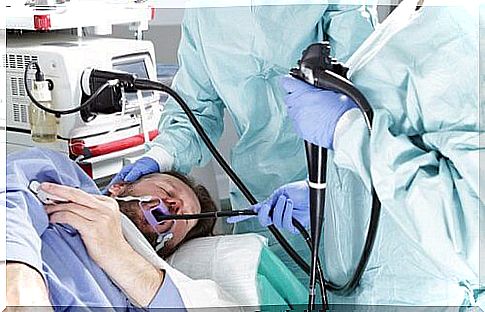
As mentioned, depending on the type of varicose veins found on endoscopy, the doctor will opt for one treatment or another. Below, see some options that currently exist:
- Administration of medications: if there is no bleeding, even if there are large varicose veins, drugs are administered to reduce their pressure.
- Endoscopic ligation: for when the previous treatment option cannot be applied due to intolerance or side effects. You can strangle the varicose veins with rubber rings to favor their disappearance.
- Endoscopic sclerotherapy: it is used when there is hemorrhage, injecting a substance inside the varicose veins.
All of these treatments can have consequences. For example, medications may not be tolerated by the body, which will manifest unpleasant side effects such as nausea, diarrhea or nausea.
Therefore, the doctor will carry out a follow-up that will be very important to detect which treatment will work best for the patient who suffers from esophageal varices.
What to do when you notice the symptoms?

People who should be more careful about the symptoms or signs that can alert you to the presence of this type of varicose veins are those who have cirrhosis (liver disease) or who have had a thrombosis. Even though esophageal varices may appear for other causes, these risk groups are more susceptible.
Finally, when you notice the presence of dark stools, nausea or vomiting with blood, the doctor should be sought as soon as possible. An early diagnosis will reduce the suffering and discomfort of the patient, as well as prevent the situation from getting worse.
Having large varicose veins that rupture can lead to very severe hemorrhage that can be life-threatening. Therefore, do not overlook the signs that can alert you to the presence of this type of varicose veins.
